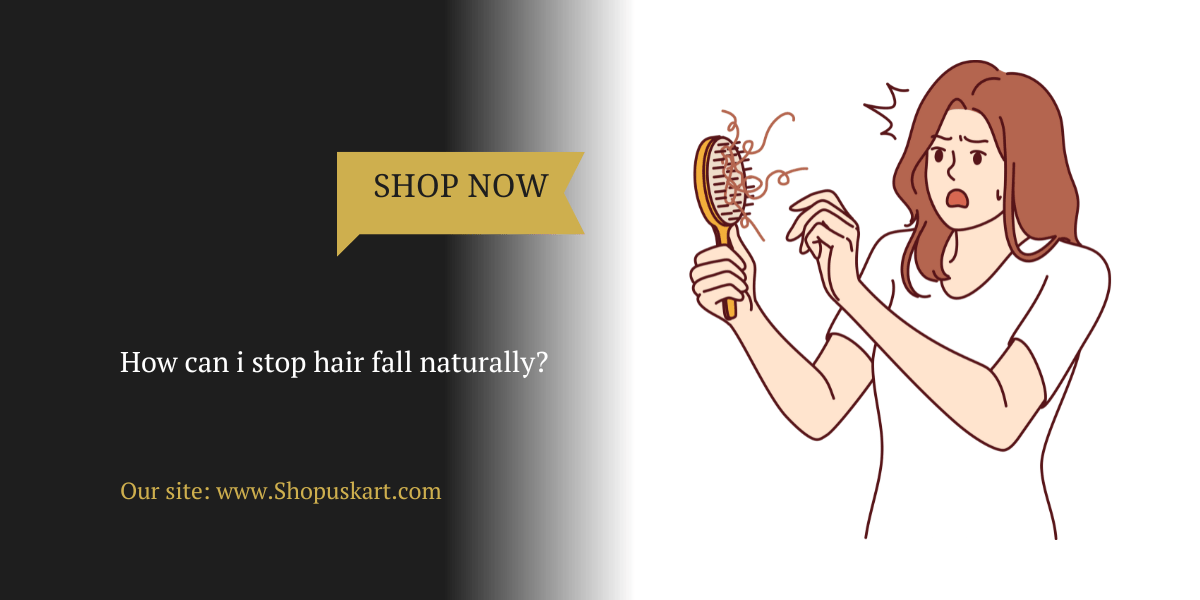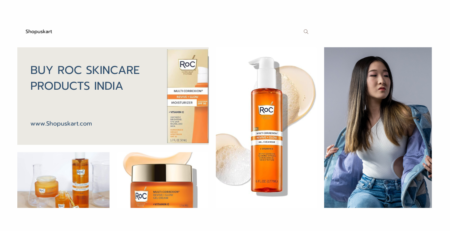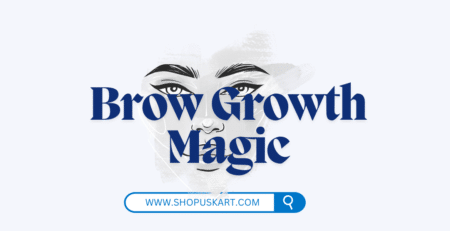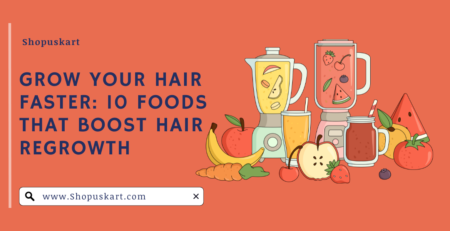How can i stop hair fall naturally?
stop hair fall naturally
Are you one of the countless individuals battling with hair fall? Does the constant shedding of your precious locks leave you feeling worried, frustrated, and desperate for a solution? Look no further – this article is here to provide you with urgent remedies to stop hair fall naturally, right in the comfort of your own home. Whether you are a man or a woman, the following tips and techniques are specifically designed to address hair fall and promote healthy hair growth. So, let’s waste no time and delve into the world of natural hair fall remedies that will leave you with luscious locks once again!
1. Diet and Nutrition:
Apart from external factors such as pollution and stress, hair fall can also be a result of internal imbalances in our bodies. One often overlooked aspect of combating hair fall naturally is focusing on a nutrient-rich diet. Incorporating foods that are high in vitamins, minerals, and proteins can help nourish your hair follicles and promote hair growth. Include foods such as eggs, spinach, nuts, and fish in your diet to provide the necessary nutrients for healthy hair.
2. Scalp Massages:
Did you know that a simple scalp massage can do wonders for reducing hair fall? Massaging your scalp not only improves blood circulation in the hair follicles but also helps in the distribution of natural oils throughout your scalp. This can strengthen the hair roots, reduce hair breakage, and slow down hair fall. You can use essential oils like lavender or rosemary, or even coconut or olive oil for your scalp massages.
3. Stress Management:
In today’s fast-paced world, stress has become a common phenomenon that affects our overall well-being, including our hair health. High stress levels can disrupt the natural hair growth cycle and lead to excessive hair fall. Therefore, it is crucial to manage stress effectively. Engage in activities that help you relax, such as practicing yoga, or meditation, or indulging in hobbies that bring you joy. By reducing stress, you can prevent hair fall and stimulate hair regrowth.
4. Avoid Heat Styling Tools:
Frequent use of heat-styling tools like straighteners, curling irons, and blow dryers can damage your hair and lead to hair fall. The high temperatures weaken the hair strands, making them prone to breakage and fall out. It is advisable to minimize the use of such tools and opt for hairstyles that do not require excessive heat. Embracing your natural hair texture and allowing it to air dry can significantly reduce hair fall and promote healthier hair growth.
5. Hydration and Hair Care:
Keeping your hair and scalp hydrated is essential for maintaining strong and healthy hair. Drinking an adequate amount of water flushes out toxins from your body, including those that could harm your hair follicles. Additionally, using the right hair care products, such as shampoos and conditioners suitable for your hair type, can prevent hair fall. Avoid harsh chemicals and opt for natural and organic products that are gentle on your scalp and hair.
Conclusion:
Hair fall can be a distressing experience, but several natural remedies and practices can help combat it effectively. By incorporating a balanced diet, scalp massages, stress management techniques, avoiding heat styling tools, and maintaining proper hydration and hair care, you can prevent hair fall and promote healthy hair growth. Remember, patience is key, and consistent efforts will eventually lead to the luscious locks you desire. So, bid farewell to hair fall and welcome a head full of strong, voluminous hair naturally!
Other Themes:
6. Hormonal Imbalances:
Hormonal imbalances can also contribute to hair fall. Conditions such as polycystic ovary syndrome (PCOS), thyroid disorders, and menopause can disrupt the normal hair growth cycle and lead to excessive shedding. If you suspect hormonal imbalances to be the cause of your hair fall, it is important to consult a healthcare professional who can provide guidance and recommend appropriate treatments.
7. Genetics:
Genetics plays a significant role in determining our hair health. If you have a family history of hair loss or thinning, you may be more prone to experiencing hair fall. While you cannot change your genetic makeup, you can still take steps to minimize hair fall by following a healthy lifestyle, using hair care products that nourish your scalp and hair, and seeking professional treatments if necessary.
8. Environmental Factors:
Environmental factors such as pollution, exposure to harsh sunlight, and chemical-laden hair products can damage your hair and contribute to hair fall. It is important to protect your hair from these external aggressors by wearing a hat or scarf when outdoors, washing your hair regularly to remove pollutants, and using natural, gentle hair care products that do not contain harmful chemicals.
9. Age-related Hair Changes:
As we age, our hair undergoes natural changes. Hair strands may become thinner, and the rate of hair growth may slow down. These age-related changes can contribute to hair fall. However, by adopting a holistic approach to hair care, incorporating the practices mentioned earlier, and being patient with your hair’s natural aging process, you can maintain healthy and vibrant hair even as you grow older.
10. Hair Care Myths:
There are numerous hair care myths and misconceptions that can hinder your efforts to prevent hair fall. One such myth is that trimming your hair frequently promotes faster hair growth. In reality, trimming only removes split ends and does not affect the rate at which your hair grows from the scalp. It is important to separate fact from fiction and rely on scientifically proven methods for keeping your hair healthy and reducing hair fall.
By exploring these additional themes, we gain a more comprehensive understanding of the factors that contribute to hair fall. It is crucial to approach hair care holistically, addressing not only the physical aspects but also considering hormonal, genetic, environmental, and age-related factors. With a well-rounded approach, we can effectively combat hair fall and maintain strong, resilient hair.
11. Stress and Lifestyle Factors:
Stress and unhealthy lifestyle habits can have a direct impact on hair health and contribute to hair fall. High stress levels can disrupt the normal hair growth cycle and lead to increased shedding. Additionally, poor diet, lack of exercise, and inadequate sleep can weaken the hair follicles and make them more prone to damage. Managing stress, adopting a balanced diet, incorporating regular physical activity, and prioritizing quality sleep can all contribute to healthier hair and reduced hair fall.
12. Hair Styling Practices:
Excessive use of heat styling tools, tight hairstyles, and chemical treatments can cause significant damage to the hair and result in hair fall. Heat from hair dryers, straighteners, and curling irons can weaken the hair shaft and make it more prone to breakage. Similarly, constantly wearing hairstyles that pull tightly on the hair, such as ponytails or braids, can lead to traction alopecia. Opting for heat-free hairstyling methods, using protective styling products, and giving your hair regular breaks from harsh styling can help prevent hair fall.
13. Scalp Conditions:
Certain scalp conditions, such as dandruff or scalp psoriasis, can disrupt the normal functioning of the hair follicles and lead to hair fall. An itchy, flaky scalp can cause excessive scratching, which can damage the hair shafts and result in hair loss. Treating underlying scalp conditions with medicated shampoos or seeking professional help can alleviate these issues and promote healthier hair growth.
14. Nutritional Deficiencies:
Inadequate intake of essential nutrients, such as vitamins, minerals, and proteins, can weaken the hair follicles and contribute to hair fall. Nutrients like biotin, zinc, iron, and vitamin D are crucial for maintaining healthy hair. Therefore, ensuring a balanced diet that includes a variety of nutrient-rich foods can promote hair health and reduce hair fall. In some cases, dietary supplements may be recommended to address specific nutrient deficiencies.
Conclusion:
In conclusion, addressing the various themes related to hair fall provides a more comprehensive understanding of the underlying factors that contribute to this issue. By considering hormonal imbalances, genetics, environmental factors, age-related changes, hair care myths, stress and lifestyle factors, hair styling practices, scalp conditions, medications and medical treatments, and nutritional deficiencies, we can develop a holistic approach to hair care. By incorporating the appropriate treatments, making lifestyle changes, and prioritizing hair health, we can effectively combat hair fall and maintain strong, voluminous hair naturally.
Don’t forget to give us a follow on Facebook!













Leave a Reply